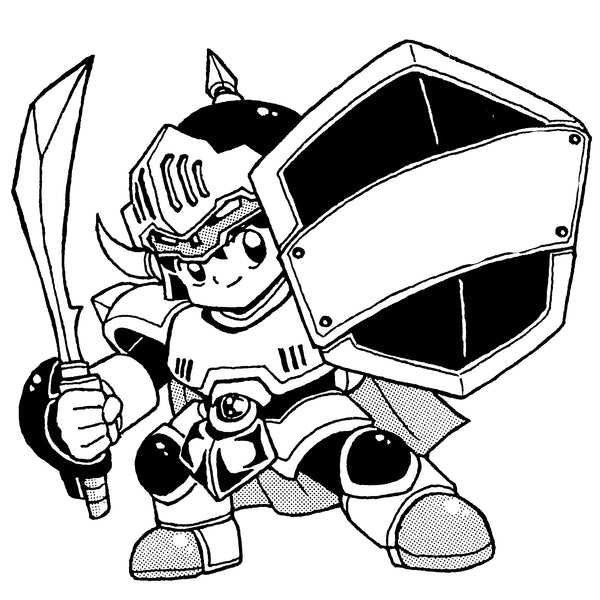Country Guide — New Zealand (NZ)
Play Japanese (NTSC-J) consoles safely with a clean picture
Last updated: 29 Aug 2025
TL;DR
-
Power (230–240 V): Use a 230→100 V step-down transformer or an approved NZ-regional PSU (≥ 2× the console’s watts; keep ventilated).
-
Video system: NZ is PAL-land. The hurdle is 240p/60 Hz support on modern TVs. SCART is uncommon; plan on an upscaler.
-
HDMI-only TVs: Console → (RGB/S-Video/Composite/Component) → Upscaler → HDMI → TV.
-
Region lock: Keep game region = console region to avoid errors.
1) Power in New Zealand
-
Mains: 230–240 V / 50 Hz · Plug: Type I
-
Rule of thumb: Treat JP 100 V hardware as 100 V-only unless you swap to a regional PSU.
Console quick notes
-
Famicom / Super Famicom: 100 V → step-down or NZ PSU.
-
Nintendo 64 (JP): Brick can run warm on the wrong voltage → step-down/regional PSU recommended.
-
GameCube (JP): Prefer a regional PSU (or step-down).
-
Wii (JP): May power on but not advised long-term → regional PSU or step-down.
-
PC Engine / CoreGrafx / Saturn / Mega Drive / Dreamcast (JP): Step-down is safest.
-
PS1 / PS2 (JP): Revisions vary; when unsure, use a step-down.
-
Neo Geo AES/CD: PSU specs vary (voltage/polarity) → verify first; if JP PSU, step-down。
2) Video & Cables (NZ)
-
Quality order: RGB/Component > S-Video > Composite.
-
SCART note: SCART is uncommon; route RGB through a compatible upscaler (JP21/EU-SCART adapters exist).
-
Modern TVs: Many drop true 240p support; expect to use an upscaler for stable HDMI.
Console highlights
-
Super Famicom / Saturn / PS1 / Neo Geo: RGB capable (JP21/EU-SCART). In NZ, use an upscaler that accepts these standards or a proper adapter.
-
N64 (JP): Composite/S-Video stock; RGB generally not stock (mods/special adapters exist).
-
GameCube DOL-001: Composite/S-Video; Component via Digital AV Out (then HDMI).
-
GameCube DOL-101: No Digital AV Out (HDMI via analog adapters only).
-
Wii: Component recommended; simple HDMI dongles exist.
-
Dreamcast: VGA 480p via VGA box → HDMI looks excellent.
HDMI-only TV — basic chain
Console → (Composite / S-Video / RGB / Component) → Upscaler/Converter → HDMI → TV
-
TV: Game Mode ON, motion smoothing OFF, prefer 240p/60 Hz-friendly processing.
3) Region & Controllers
-
Cartridges/discs: Most platforms are region-locked. Use JP software on JP hardware.
-
Controllers: SFC and SNES share the same connector and generally cross-work (minor exceptions exist).
4) Fast setup (Super Famicom on an NZ HDMI TV)
-
Power off everything; connect SFC multi-out to RGB (via upscaler), S-Video, or Composite.
-
If TV is HDMI-only, feed the cable into a reputable upscaler, then HDMI to TV.
-
Select the HDMI input.
-
Power sequence: step-down → upscaler → console.
-
If unstable, set the upscaler to 240p/60 Hz and turn off motion smoothing.
5) Troubleshooting
-
Black-and-white/rolling: TV may not handle NTSC 240p → use an upscaler.
-
No RGB over SCART: SCART uncommon; use an upscaler that accepts JP21/EU-SCART or the correct adapter.
-
Hum/noise: Reseat audio; try another input; reduce shared power strips.
-
No boot: Clean cartridge contacts; power-cycle; try another cable.
Helpful links
